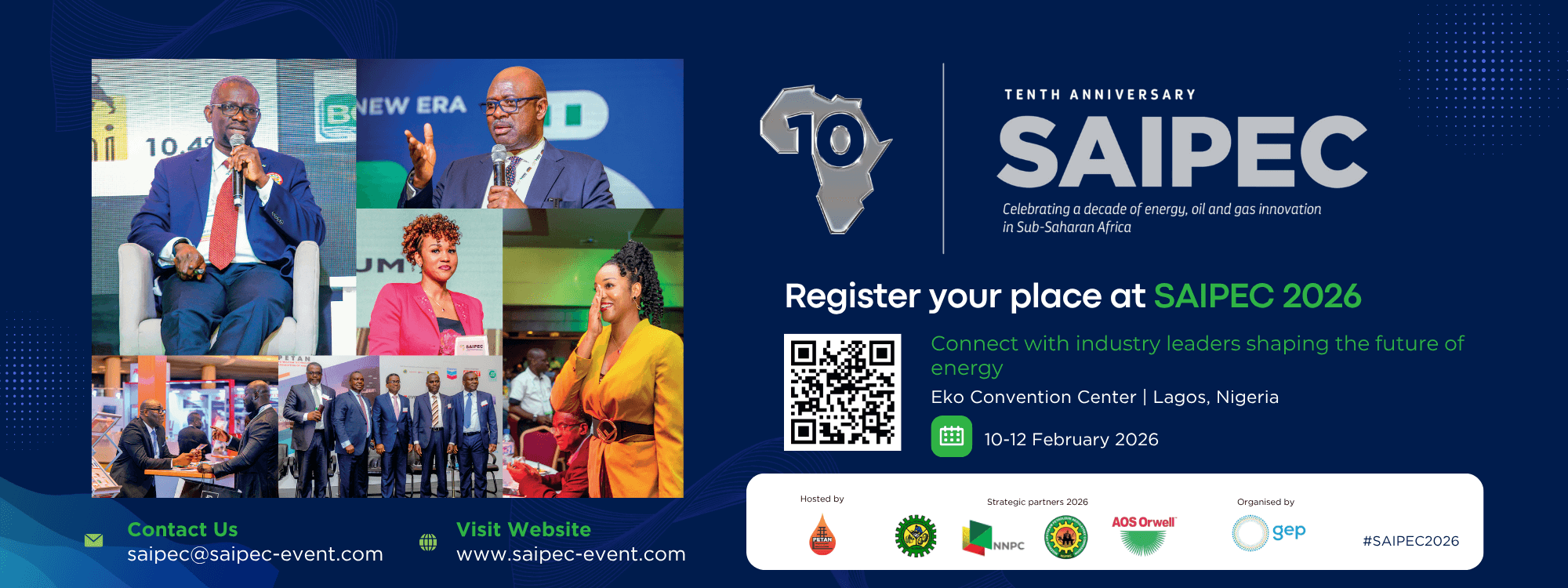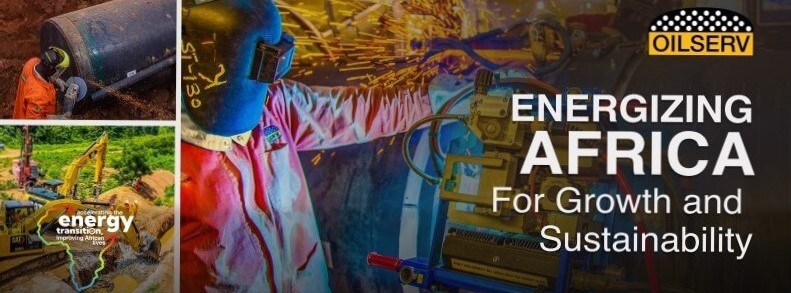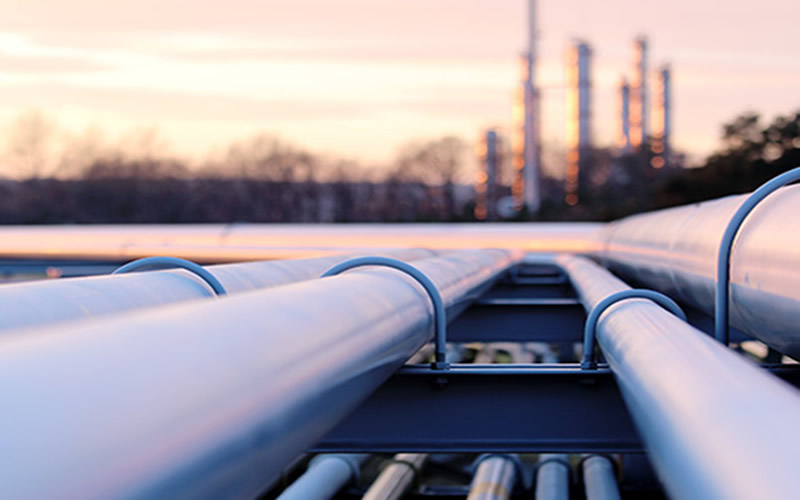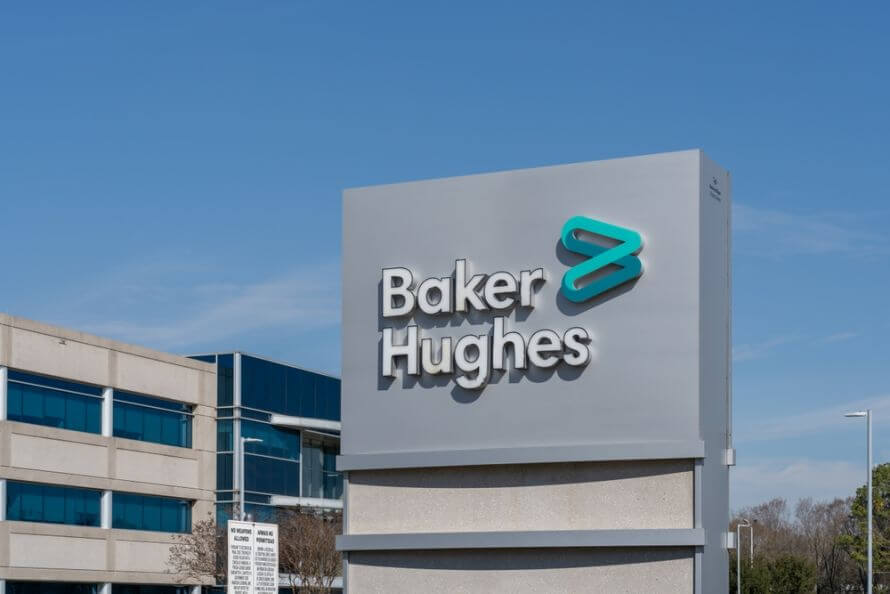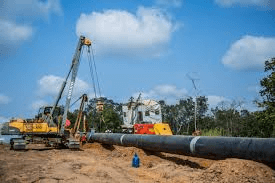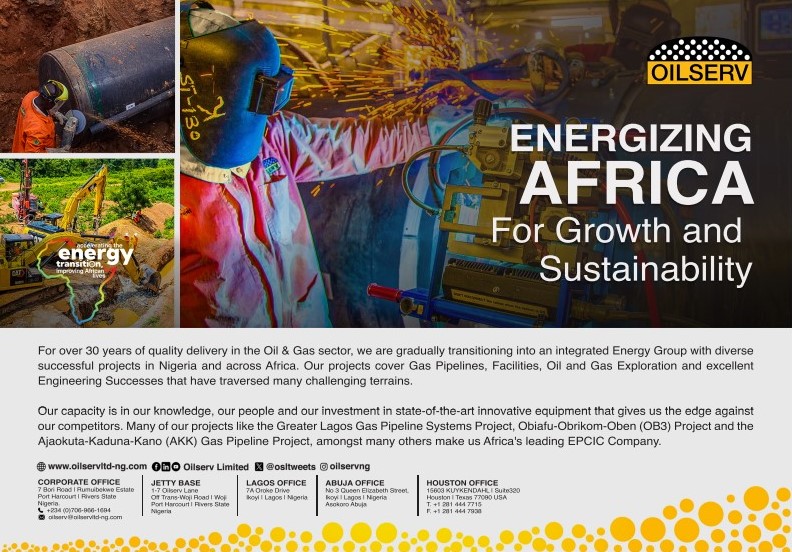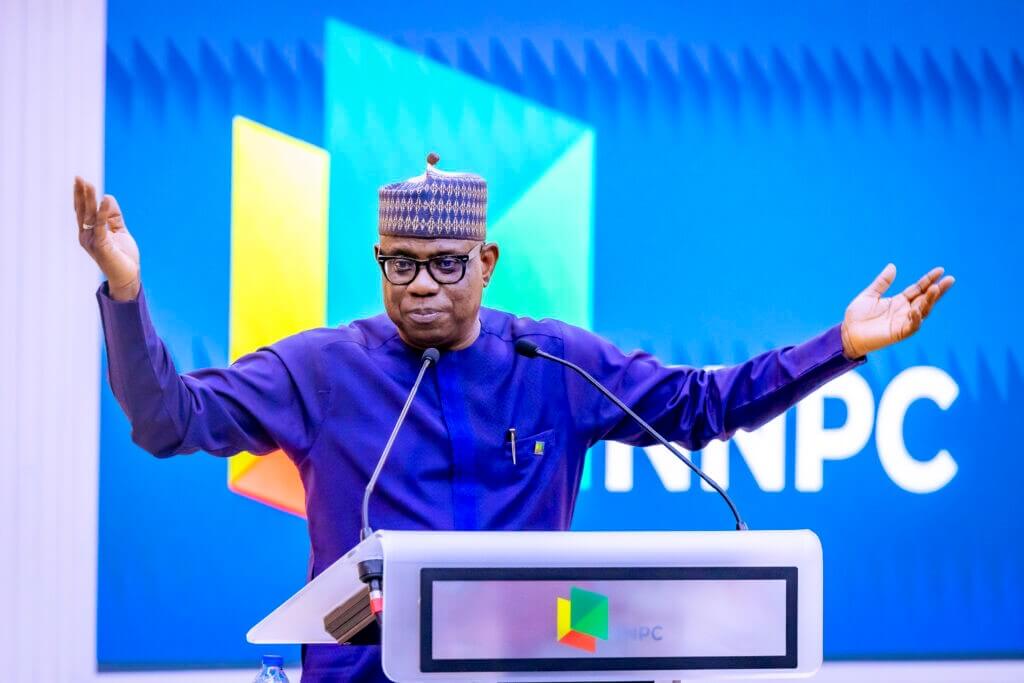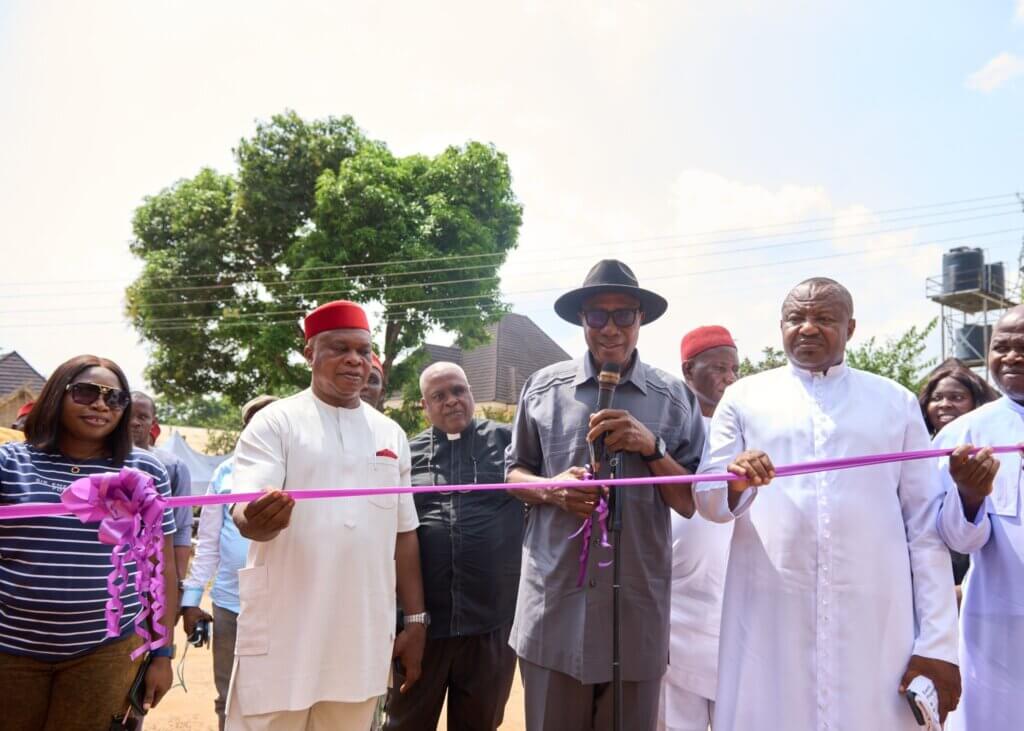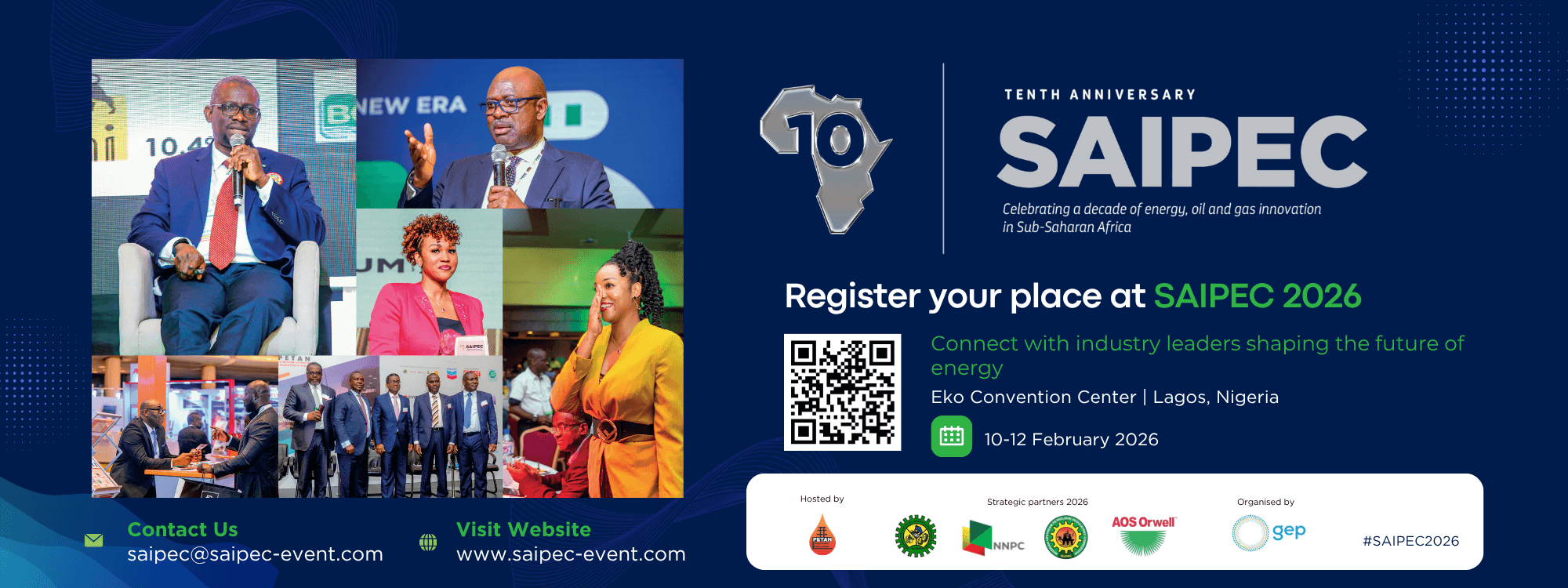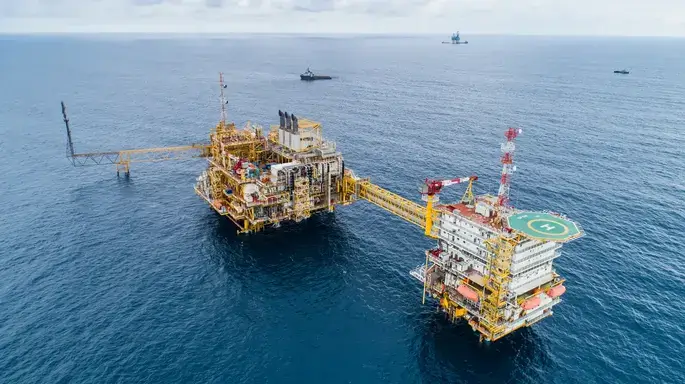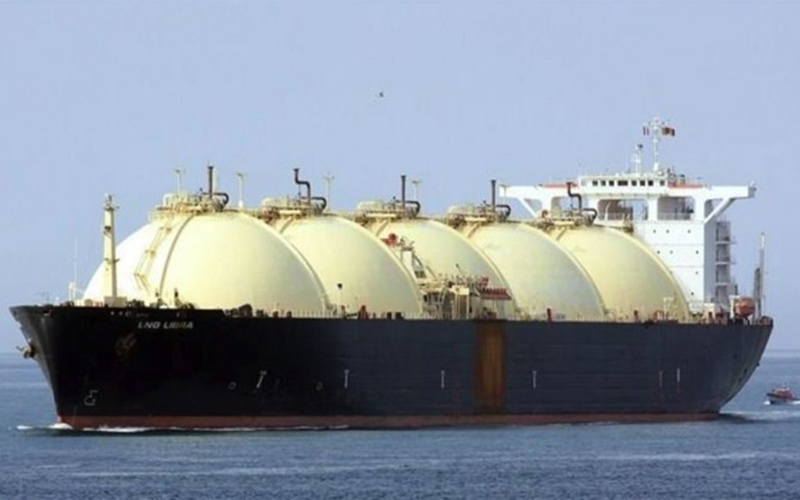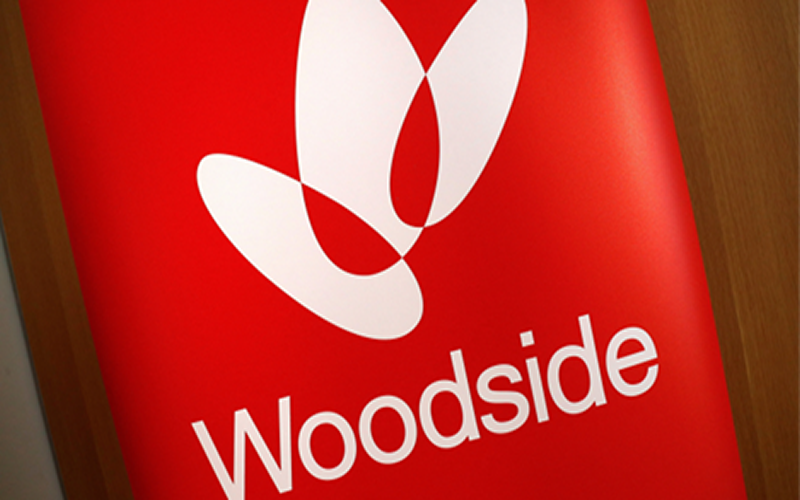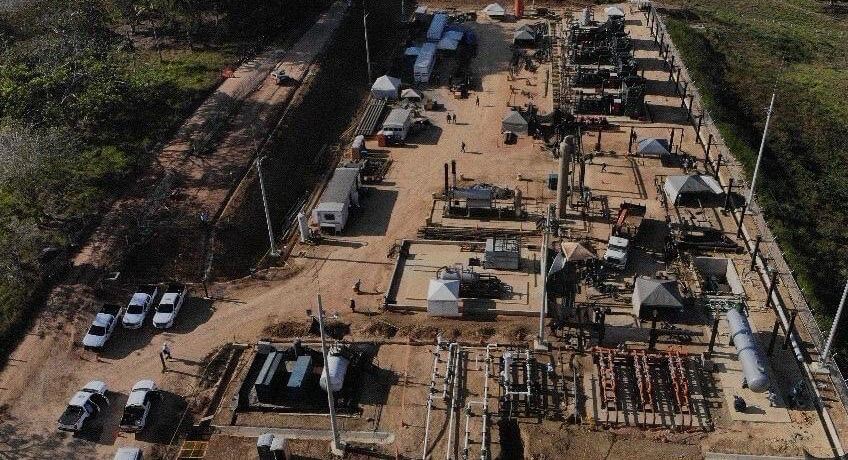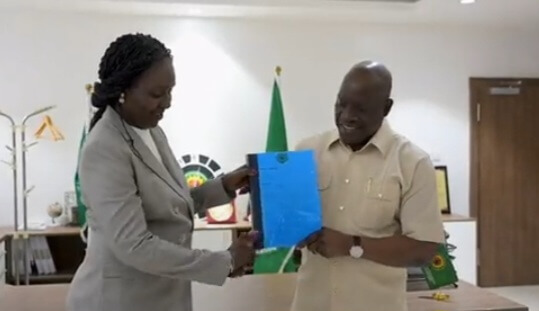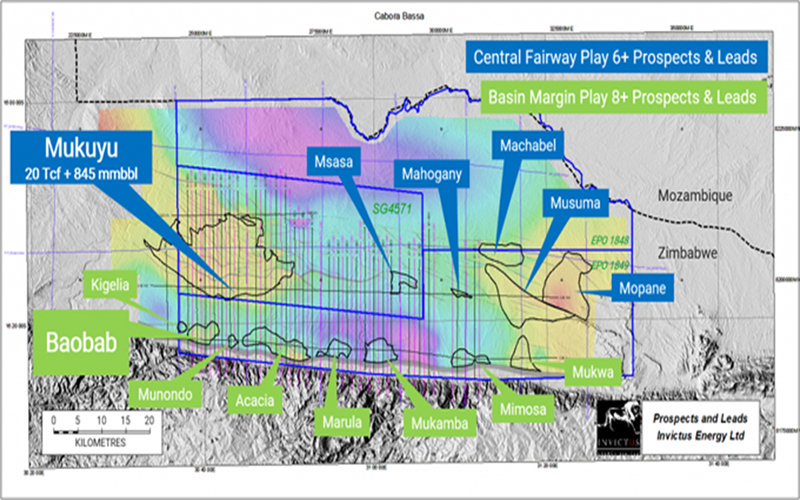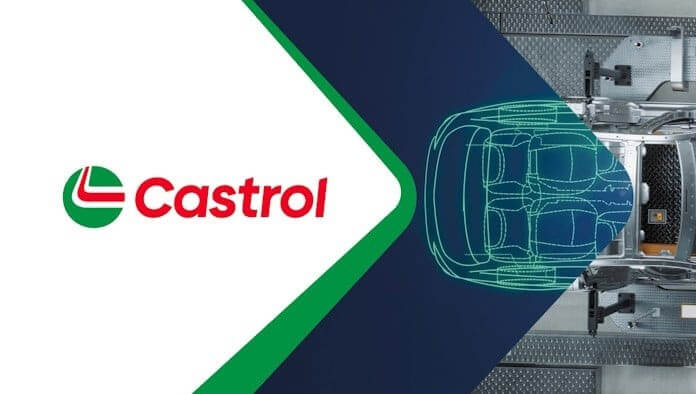
Nigeria’s long-awaited oil reform bill would privatise the Nigerian National Petroleum Company (NNPC), amend changes to deepwater royalties made late last year and scrap key regulatory agencies in favour of new bodies, a copy of the bill seen by Reuters showed.
President Muhammadu Buhari has sent the bill to the Senate, two sources told Reuters. It, along with the House of Representatives, must sign off on the bill before it can become law. Nigeria is Africa’s largest crude exporter.
A spokesman for Buhari declined to comment.
The legislation has been in the works for the past 20 years and looks to revise laws governing Nigeria’s oil and gas exploration not fully updated since the 1960s because of the contentious nature of any change to oil taxes, terms and revenue-sharing.
The bill proposes creating a limited liability corporation into which the ministers of finance and petroleum would transfer NNPC assets.
The government would then pay cash for shares of the company and it would operate as a commercial entity without access to state funds. The changes would in theory make it easier for the struggling company to raise funds.
The Minister of State for Petroleum Resources, Timipre Sylva during an interaction with journalists at the National Assembly complex after an interactive session with the leadership of the assembly made a disclosure that:
“We have heard so much noise about NNPC being scrapped but that is not being envisaged by the bill at all. NNPC will not be scrapped but commercialized in line with deregulation move being made across all the streams in the sector comprising of upstream, downstream and midstream. We have said that NNPC will be commercialized.
“But if you are talking about transforming the industry, the only new thing that we are introducing is the development of the midstream that is the pipeline sector. So we have provided robustly for the growth of the midstream sector. Through commercialization, the required competitiveness in the sector will be achieved.” Sylva said.
“It is quite unfortunate that since the year 2000 when attempts were made to come up with a draft copy of PIB, to 2007, 2009 and 2012 when draft bills were submitted to different sessions of the National Assembly by the executive arm of government without passage, up till 2018 when the legislators came up with one; that we are yet to put on the ground required laws for effective regulation of the oil industry,” the minister further stated.
The legislation would also amend controversial changes to deep offshore royalties made late last year by cutting the royalty that companies pay the government for offshore fields producing less than 15,000 barrels per day to 7.5% from 10%.
It would change a price-based royalty too, so that it kicked in when oil prices climbed above $50 per barrel, rather than $35.
The measure would also scrap the Petroleum Equalisation Fund, which used to distribute cash to keep nationwide petrol prices uniform, and transfer remaining money to a midstream gas infrastructure fund.
In addition, it would create new regulatory bodies, scrapping the Petroleum Products Pricing Regulatory Agency (PPPRA) and transferring to a new commission many of the tasks currently handled by the Department of Petroleum Resources (DPR).
The New PIB 2020
The PIB 2020, which is now with the National Assembly, and awaiting approval of the House, proposes that NNPC should be commercialized and replaced by the Nigerian National Petroleum Company Limited, NNPC Limited. While PPPRA be scrapped.
According to Section 54(1, 2 and3 )) reads in part, “The Minister (of Petroleum) and the Minister of Finance shall determine the assets, interests and liabilities of NNPC to be transferred to NNPC Limited or its subsidiaries and upon the identification, the minister shall cause such assets, interests and liabilities to be transferred to NNPC Limited.
“Assets, interests and liabilities of NNPC not transferred to NNPC Limited or its subsidiary under subsection 1 of this section shall remain the assets, interests and liabilities of NNPC until they become extinguished or transferred to the government.
“NNPC shall cease to exist after its remaining assets, interests and liabilities other than its interests, assets, and liabilities transferred to NNPC Limited or its subsidiaries under subsection 1 of this section shall have been extinguished or transferred to the government.”
But on Section 53 of the bill, states that the minister shall “within six months from the commencement of this Act, cause to be incorporated under the Companies and Allied Matters Act, a limited liability company, which shall be called Nigerian National Petroleum Company (NNPC Limited)”.
“The minister shall at the incorporation of NNPC Limited, consult with the Minister of Finance to determine the number and nominal value of the shares to be allotted which shall form the initial paid-up share capital of the NNPC Limited and the government shall subscribe and pay cash for the shares.
“Ownership of all shares in NNPC Limited shall be vested in the government at incorporation and held by the Ministry of Finance incorporated on behalf of the government.”
With the creation of NNPC Limited which would eventually be listed on the Nigerian Stock Exchange, NSE, Nigerians will now have the opportunity of buying shares, attend shareholders meetings, and make input in the management of its affairs just like is being done in other businesses on the stock exchange.
“Nigerian Upstream Regulatory Commission- to be responsible for the technical and commercial regulation of upstream petroleum operations, the midstream and downstream sector will also get the Midstream and Downstream Petroleum Regulatory Authority, MDPRA known as ‘The Authority’.
“There is established the Nigerian Upstream Regulatory Commission (the commission) which shall be a body corporate with perpetual succession and a common seal”.
“The commission shall have the power to acquire, hold and dispose of property, sue and be sued in its own time. The commission shall be responsible for the technical and commercial regulation of upstream petroleum operations,” Section 4 of the bill states in part.
Section 29 of the bill states in part, “There is established the Nigerian Midstream and Downstream Petroleum Regulatory Authority (the Authority) which is a body corporate with perpetual succession and a common seal.
“The Authority shall be responsible for the technical and commercial regulation of midstream and downstream petroleum operations in the petroleum industry.” The rhetorically, is “the Authority” connotes deregulation of the downstream sector or not? Is oil marketers mandated to fix prices of petroleum products as is currently being done in line with deregulation or not allow?
